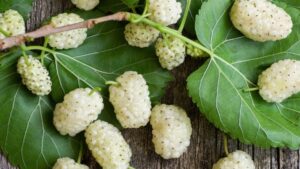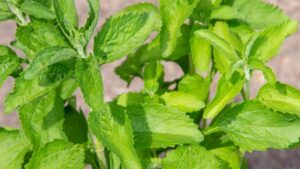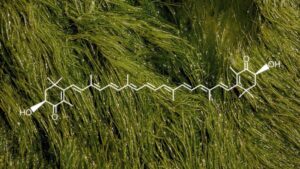Nutrition advice can be confusing, especially since research in the field is constantly evolving and diet trends come and go: Keto, Paleo, vegan, and raw food, to name a few.
Yet, to increase healthspan and boost longevity, there are certain guidelines that seem to hold true year after year, no matter what the latest diet fad. Learn how to make the right food choices with Avea’s top 10 longevity diet tips.
Tip 01. Nourish, don’t punish
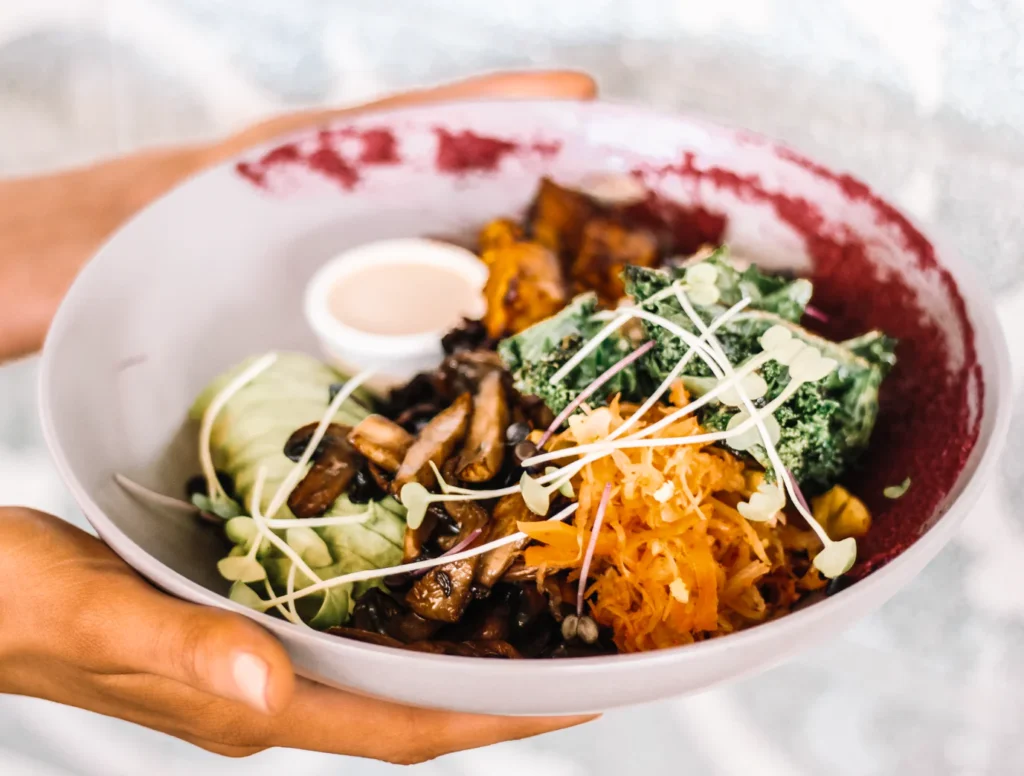
Your attitude towards food and how you feel about what you eat is almost as important as what you actually eat. If you are constantly stressed about which foods to eat and which foods to avoid, counting calories, or being hard on yourself every time you indulge, this will harm your mental and overall health. Instead, focus on adding more healthy foods to your diet and nourishing your body with nutrient-dense foods. You will automatically have less space on your plate and in your stomach for more indulgent foods.

Food is information that literally talks to your genes and controls gene expression, hormones and metabolism. What you eat has the potential to determine if you will develop disease or gain weight.
Tip 02. Eat A Real, Whole-Food Diet
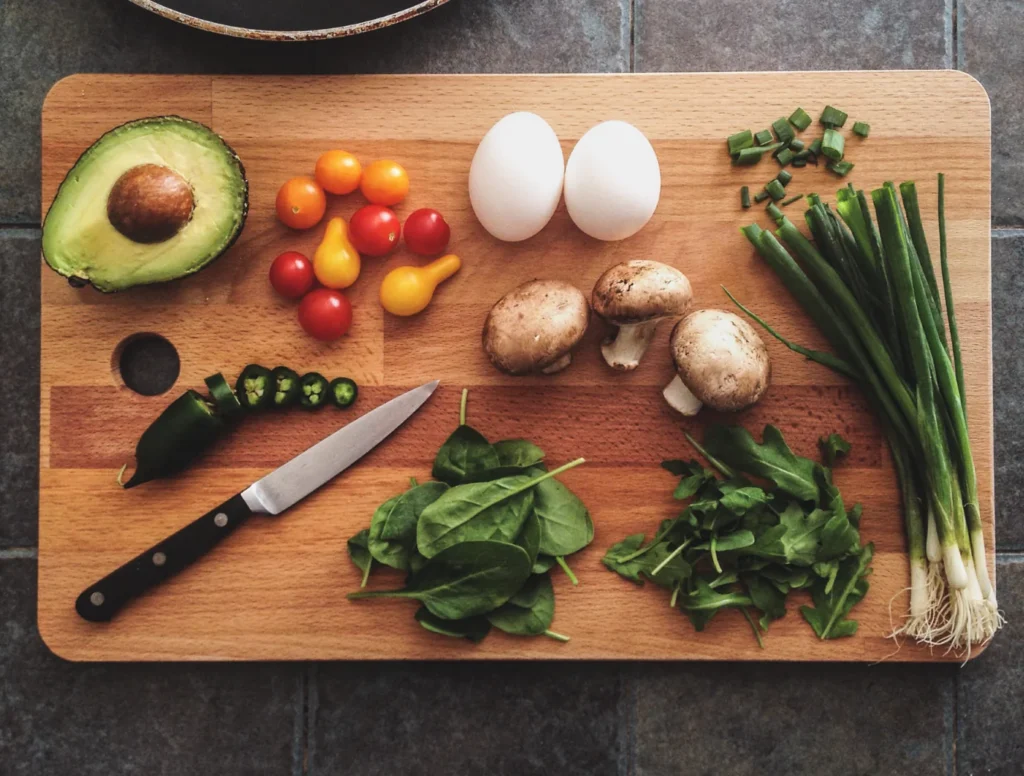
Talking of “healthy foods”, what does it actually mean? “Real food doesn’t have ingredients, real food is ingredients.” This quote by Jamie Oliver says it all. Healthy food is real food. It is nutrient dense and beneficial for your whole body. You should therefore always choose fresh, unprocessed foods and favour local, seasonal and organic whenever possible – and stay away from highly processed foods high in sugar, trans fats (aka hydrogenated vegetable oils) and preservatives (as a rule of thumb, if the list on the package has more than 5 ingredients, it is too processed).
Tip 03. Embrace Plant-Based Foods
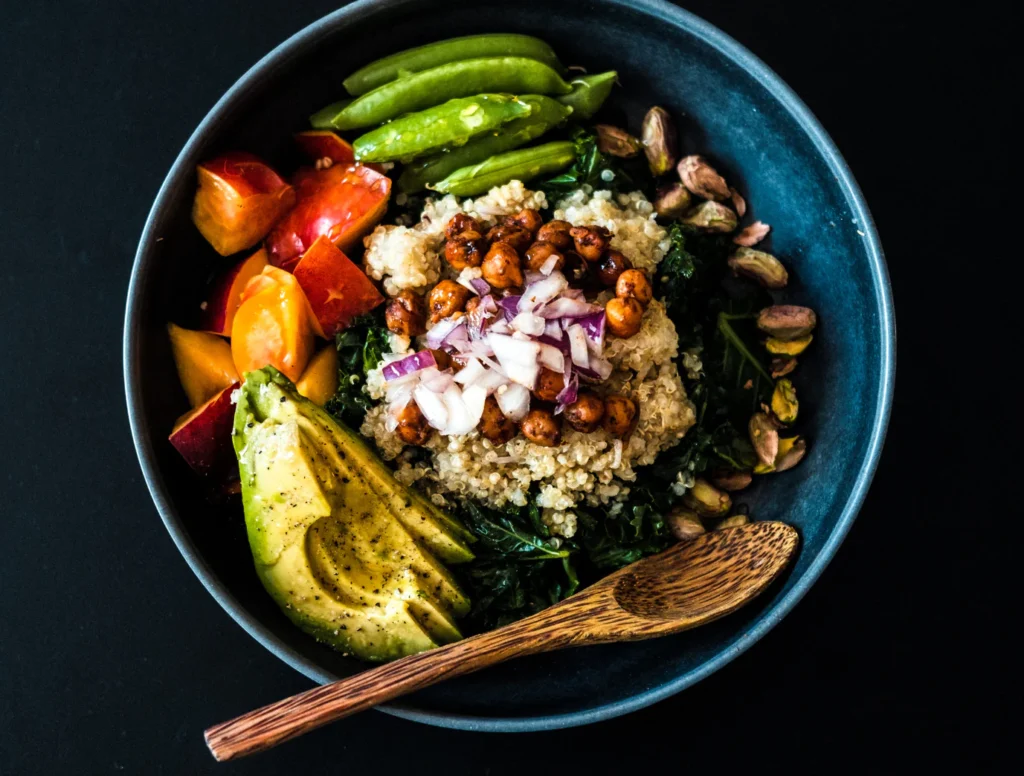
Science shows a primarily plant-based diet can add healthy years to your life. For several decades now, research has consistently found that a diet made up of vegetables, fruit, nuts, legumes, and whole grains, and moderate in high-quality animal proteins, can reduce your risk of major diseases [1] and help you live longer [2].
The power of plant-based diets is due to the nutrients they provide, beyond their important vitamins and minerals. They are a key source of dietary fibre, resistant starch, and potent plant compounds, including antioxidants and phytochemicals. The benefits also come from what they don’t contain. A primarily plant-based diet contains less saturated fat and less cholesterol.
So, fill half of your plate with leafy greens and colourful vegetables, consume fresh fruits, and favour complex carbs such as quinoa, sweet potato, oat, black rice, and other whole grains. Regularly consume pulses like lentils and red beans and healthy fats from avocados, olive oil, and a small handful of nuts and seeds per day.
If you are already fully vegan, that’s great. Just make sure to supplement with vitamin B12 (mainly found in animal food sources) and get enough vitamin D, iron, and iodine.
Tip 04. Get Inspired By The Blue Zones

The evidence linking primarily plant-based diets and longevity can be found among some of the world’s oldest cultures. Think of the flavourful traditional Mediterranean cuisine or the whole foods of the Okinawan Japanese.
Dan Buettner, a National Geographic Fellow, identified and studied five communities where people generally lived an active lifestyle and remained healthy well into their nineties. He named these communities “Blue Zones,” as they were found in Costa Rica, Italy, Greece, Japan, and California [3]. What is the longevity secret of people living in Blue Zones?
They all implement almost everything mentioned above: they avoid highly processed foods, grow their own plant foods, consume very little meat, eat fresh seafood, season their food with local polyphenol-rich olive oil, and remain active well into old age. Moreover, food has a social dimension for the people in the Blue Zones—sharing meals with their loved ones is at the heart of their communities [4].
Tip 05. Take Care of Your Gut Microbiota
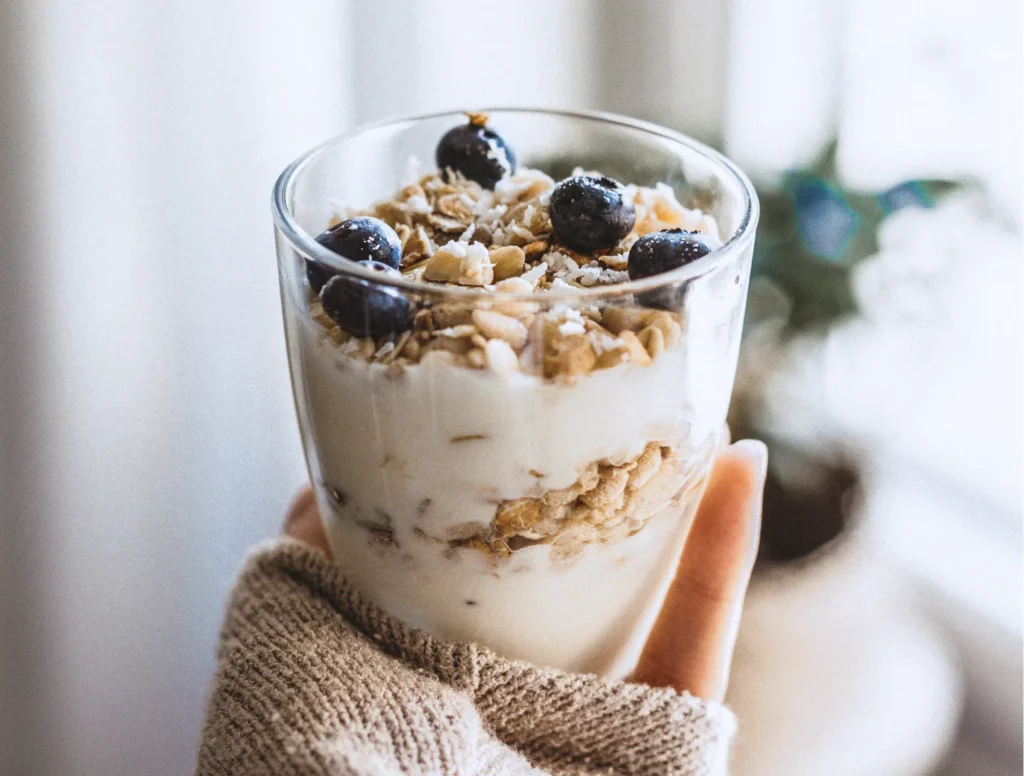
Another common trait of many centenarians is higher gut microbiota diversity and a distinct “signature” of gut microbes, which is linked to better immunity, increased gut health, and lower inflammation [5], [6], [7].
Growing research suggests gut bacteria are involved in all aspects of body function and healthy ageing. New findings show that the gut microbiome can help restore ageing-related immune and cognitive impairments!
To actively boost and enrich your gut microbiota, make sure to consume enough prebiotics—fibres that aren’t digestible by your body but can feed good bacteria and help them grow in your gut. Most plant-based foods are good sources of prebiotics. Still, some of the best examples are flaxseeds, oats, barley, wheat bran, dandelion greens, chicory root, garlic, onions, apples, bananas, leeks, and asparagus. Additionally, eating fermented foods which contain probiotics—the “friendly” gut bacteria—regularly is a good way to increase microbiota diversity directly. Doing so can contribute to longevity and healthy ageing [8]. Think raw sauerkraut, yogurt, kefir, kimchi, miso, tempeh, and kombucha.
Tip 06. Eat More Sirtfoods
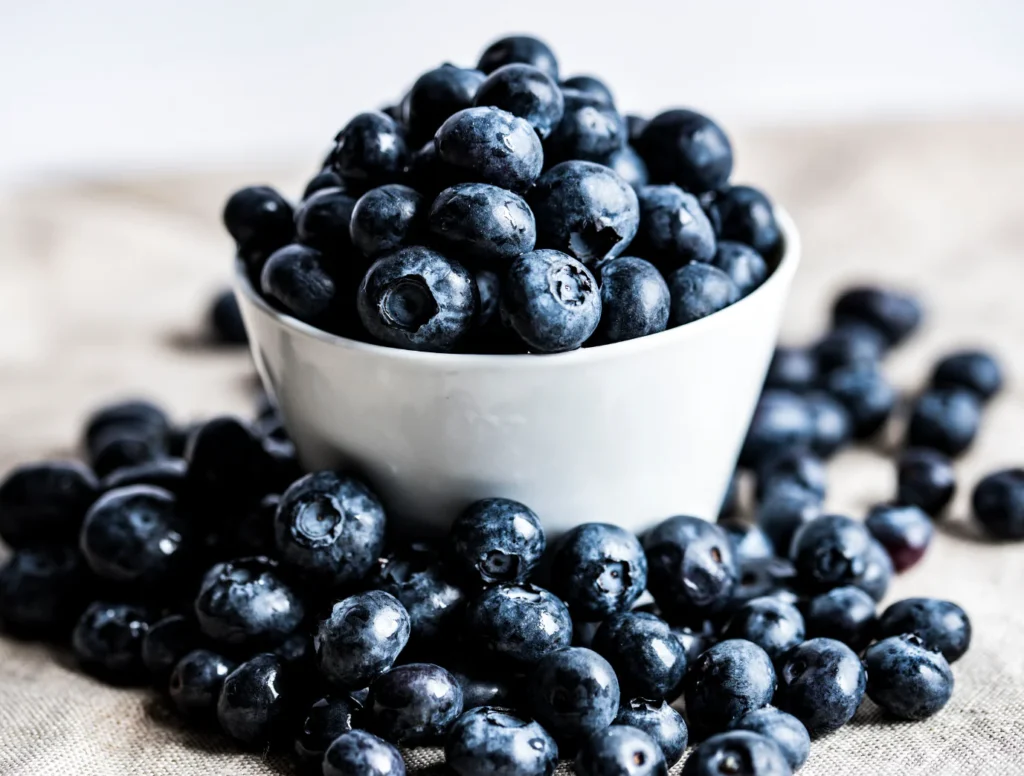
Eating dark chocolate to slow down ageing and lose weight seems too good to be true, but that’s the promise of sirtuins, a group of seven proteins that are shown to help regulate the body’s metabolism, ageing, and longevity on a cellular level [9].
For the past ten years, the research hypothesis on this subject has revolved around how sirtuins reduce the production of reactive oxygen (H2O2) and therefore minimise oxidative damage, also known as oxidative stress.
Sirtuins may support DNA protection and repair [10]. To activate your sirtuins, you may include more “sirtfoods” in your diet. Sirtfoods are nutrient-rich foods that have high concentrations of sirtuin activators. Sirtfoods help activate genes responsible for metabolism, cell defence, and reproduction. They also help with neuroplasticity and memory formation. They can even assist in regulating telomere length, the ends of your DNA strands that tell the cell to split and multiply [11].
Good examples of sirtfoods are parsley, celery, kale, blueberries, strawberries, onions, garlic, turmeric, walnuts, green tea, dark chocolate (at least 85% cacao, but raw pure cacao nibs are best!) and red wine.

If you’re drinking wine, convinced it’s making you younger, you might want to reconsider. Alcohol is alcohol and daily alcohol consumption ages you more than not drinking it at all. We are not saying you shouldn’t enjoy one glass of red wine every now and then if you want to, but to stave off aging, you are better off eating any of the above-mentioned foods or taking resveratrol supplements. (Resveratrol is concentrated in the skin of red grapes, but you’d need to drink liters of red wine every day to reach a relevant dosage).
Tip 07. Sit Down, Eat Slowly and Don’t Get Full
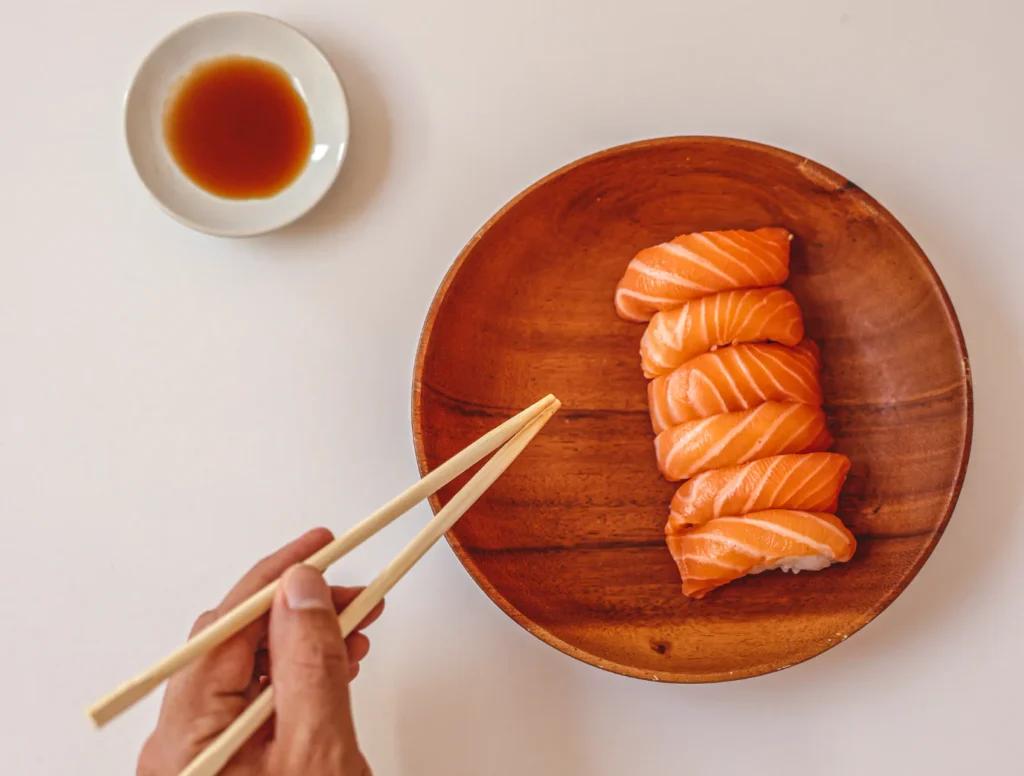
On top of a remarkable diet, Okinawans have another secret that may be key to their longevity: Hara hachi bu, a Japanese Confucian-inspired adage meaning “eat until you’re 80% full.” This is a cultural practice of mindful eating, moderation, and calorie restriction. Indeed, there is a significant calorie gap between when most of us say “I’m full” and when an Okinawan says, “I’m no longer hungry.”
Simple changes in your mindset and everyday eating habits can help you implement hara hachi bu for improved health, potential weight loss, and longevity [12]. Focus on eating slower. Eating faster often results in consuming more. Slow down and listen to your body’s satiety cues.
Eat mindfully and savour your meal. Sit down away from distractions such as your phone, TV, or computer. You’ll eat slower, consume less and enjoy the food more. Lastly, use smaller plates and bowls. You’ll likely eat significantly less without even thinking about it.
Tip 08. Avoid Sugar, It Isn’t That Sweet
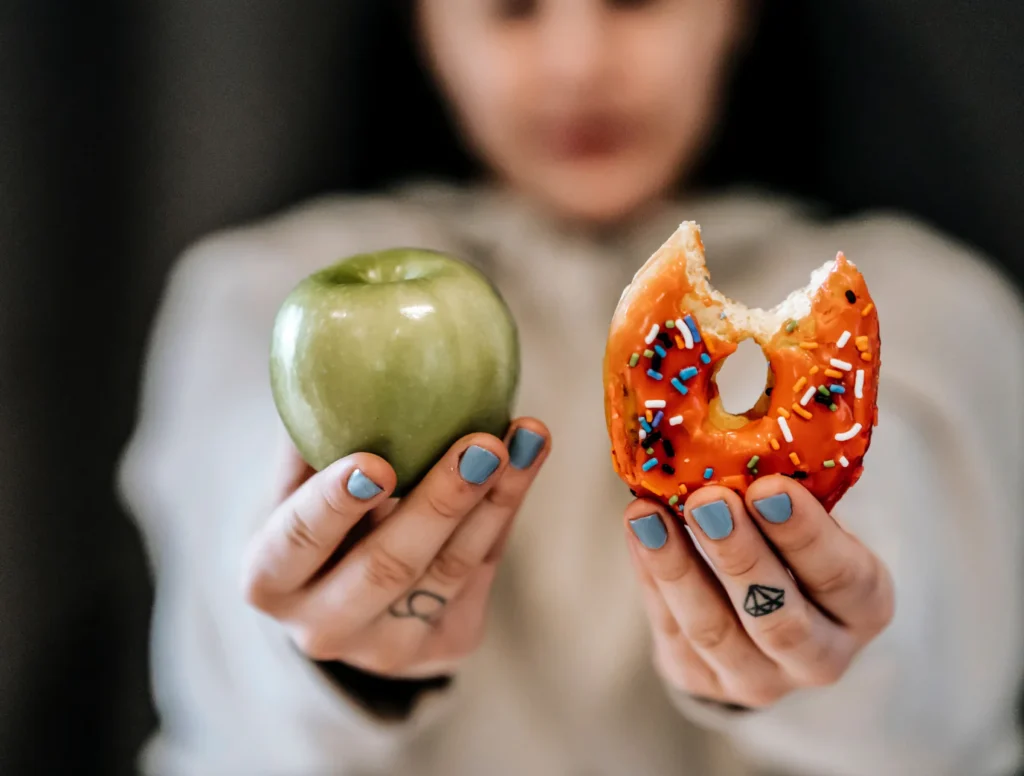
We’ve focused a lot on what to incorporate into your diet for better health. But there are some foods that are just better avoided. These include added sugar, fried foods, and foods that contain hydrogenated vegetable oils and really, any highly processed foods.
All of these don’t serve your body, health or longevity goals and even though they may offer instant gratification, they will cause more damage in the long run.
We chose to focus on added sugar as it is omnipresent, addictive, easy to over consume and especially bad for your health and longevity.
Manufacturers add sugar to their products to increase flavour, extend shelf life, and get people hooked on their foods. This isn’t the same kind of sugar that you’ll find naturally present in foods containing carbohydrates—fruits, vegetables, grains, and dairy products. Consuming whole foods that contain natural sugar is fine since these foods have a number of other benefits. Notice we said whole foods. Consume juices in moderation, if at all, as they lack the fibres from whole fruits that slow down the absorption of sugar.
Consuming added sugar is another story as its overconsumption (which is easy to achieve since the recommendation is limited to 9 teaspoons per day for an adult man) has been linked to higher blood pressure, inflammation, weight gain, diabetes, and fatty liver disease. These issues are linked to an increased risk for heart attacks and strokes [13].
If you need another good reason to quit sugar, know that it leads to glycation, a process caused by excess glucose (sugar) in skin tissues. Glycation triggers an internal reaction in which sugar molecules adhere to the collagen and elastin proteins, which normally help keep skin firm and supple. In other words, too much sugar makes your skin sag, causes more wrinkles and therefore makes you look old [14].
Tip 09. When Indulging, Go For Quality Over Quantity

We’re human. We can’t always resist the temptation to indulge. But don’t worry, indulging now and then won’t ruin all of your dietary efforts or longevity plan. As long as you have a solid, consistent health routine that is easy to get back on, a single indulgent moment won’t have too much of an impact on your body or health.
The second advice is moderation. Just like in the hara hachi bu example mentioned above, smaller portions savoured mindfully make all the difference. If you think about it, you mostly enjoy the first few spoons of ice cream, not the whole tub which is usually finished mindlessly.
Lastly, go for quality. If you are going to indulge in chocolate cake, make sure it is the best you can get, with a high percentage of cacao and high-quality ingredients. Better yet, bake it yourself.
If you’re going to eat a burger, find a restaurant that serves local, organic, grass-fed beef. It’s more costly, but you’ll end up eating less, enjoying it more, and feel much better about your choices.
Tip 10. A Spoonful of Tomato Paste a Day Keeps The Wrinkles Away
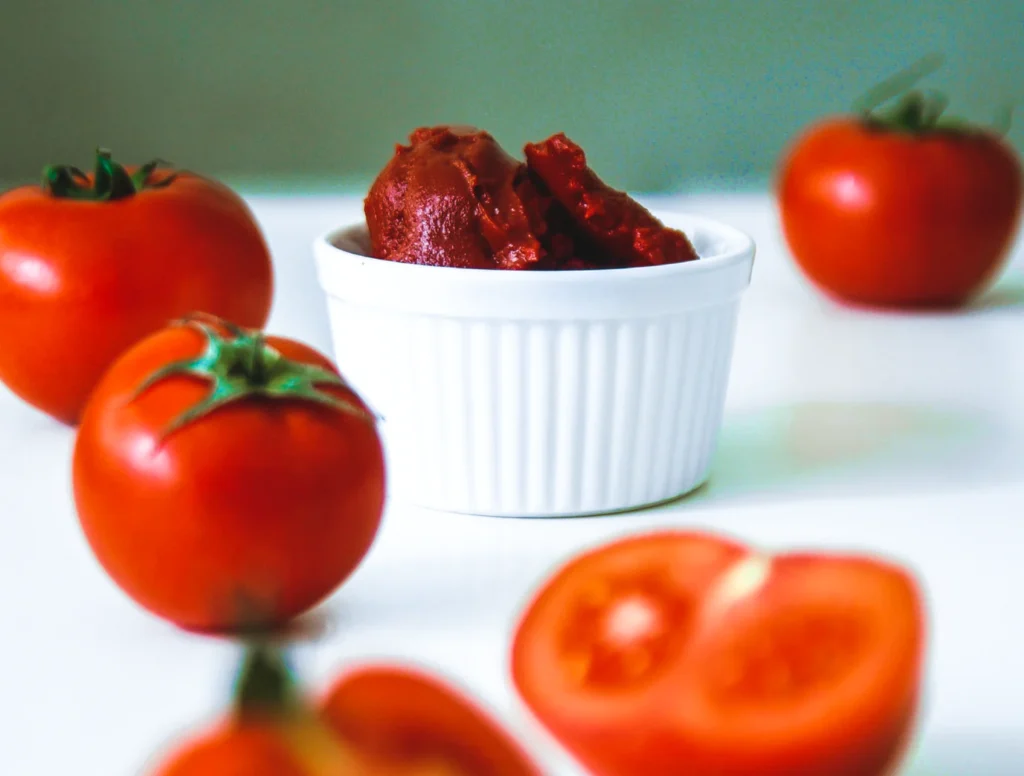
Maybe you’ve already heard most of the advice mentioned above, but this one might surprise you. Consuming tomato paste (1-5 tablespoons per day) has been shown to fight wrinkles and sun damage, thanks to its high concentration of lycopene. Lycopene is an antioxidant, but our bodies don’t produce it. It’s a pigment found in tomatoes and other fruits and vegetables, giving them their red colour. Lycopene can neutralise the harmful effects of UV light, which damages our skin.
One study showed that supplementing with tomato paste led to higher skin levels of pro-collagen, a molecule that gives the skin its firm structure. Less collagen means ageing skin and reduced elasticity [15]. Increased collagen means healthier skin, nails, bones, and hair.
Lycopene becomes more concentrated after tomatoes have been cooked, which is why tomato paste is recommended versus raw tomatoes if you want to increase your lycopene intake. Think about how many raw tomatoes you’d have to eat to get the right dosage otherwise. You may even pair it with some high-quality olive oil for added longevity benefits!
Perform the Right Type of Fasting
Nutrition and fasting are intimately connected. Tapping into your body’s nutrient-sensing networks through fasting, can unlock a wealth of benefits, from weight loss to improved insulin sensitivity, a…
References
